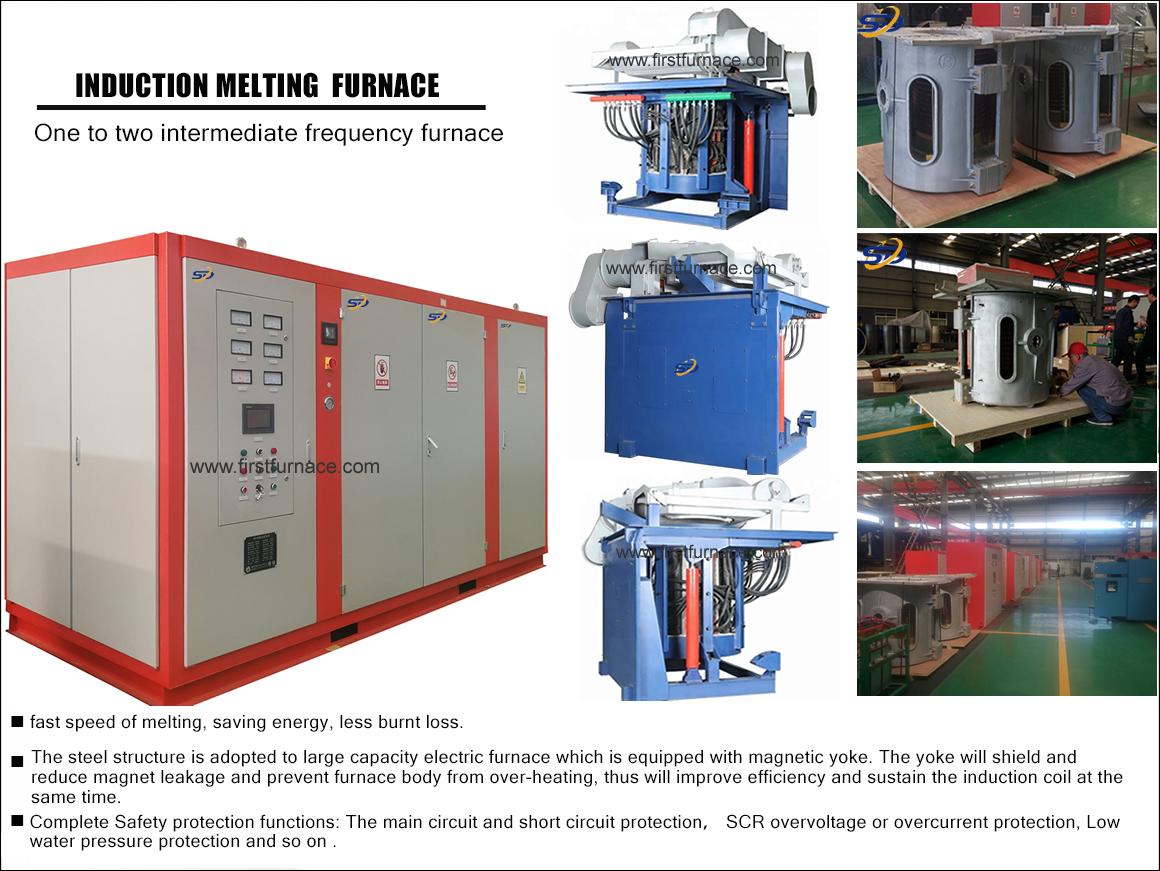Sales hot line ( 24 hours service):+86 13015583380
E-Mail: firstfurnace@gmail.com
whatsapp:+86 13015583380
Adress: Luoxin Industrial Park, Luoyang, HenanLarge diameter steel pipe quen
Piston rod quenching and tempe
Grinding rod quenching and tem
High frequency induction heate
Quenching equipment for machin
Round steel end heating furnac
Steel pipe heat treatment prod
Square steel quenching and tem
Sucker rod quenching and tempe
Thickened petroleum steel pipe
Round steel quenching and temp
Steel pipe quenching and tempe
Steel plate quenching and temp
Induction Hardening Machine&nb
Flywheel ring gear high freque
The following six points should be determined when selecting the induction melting electric furnace.
The induction melting electric furnace is a power control device that converts the power frequency power source into another frequency by using the on/off function of the thyristor of the power semiconductor device. The intermediate frequency electric furnace we use now mainly adopts the AC-DC method. First, the power frequency AC power supply is converted into a DC power source through a rectifier, and then the DC power source is converted into an AC power source whose frequency and voltage can be controlled to supply the motor. The circuit of the induction melting electric furnace is generally composed of four parts: rectification, intermediate DC link, inverter and control. The rectification part is a three-phase bridge type uncontrollable rectifier, the inverter part is a single bridge inverter, and the output is a PWM waveform, and the intermediate DC link is filtering, DC energy storage and buffer reactive power.
The following 6 points should be determined when selecting the intermediate frequency electric furnace:
1) The structure of the variable frequency electric furnace is adopted; the constant voltage control series intermediate frequency furnace or the constant current control parallel intermediate frequency furnace is used.
2) The load type of the medium frequency electric furnace; such as the vane pump or the volumetric pump, pay special attention to the performance curve of the load, and the performance curve determines the method and method when applied.
3) The matching problem between the intermediate frequency electric furnace and the load;
I. Voltage matching; the rated voltage of the intermediate frequency electric furnace is consistent with the rated voltage of the load.
II. Current matching; ordinary cooling tower, the heat dissipation coefficient of the intermediate frequency electric furnace is consistent with the cooling tower. For special loads such as deep pumps, it is necessary to refer to the motor performance parameters to determine the current and overload capability of the intermediate frequency furnace with the maximum current.
III. Torque matching; this may occur with a constant torque load or with a reduction gear.
4) When using a high-power intermediate frequency electric furnace, the output current value increases due to the small reactance of the intermediate frequency electric furnace and the increase of higher harmonics. Therefore, when selecting the medium frequency electric furnace, the capacity is slightly larger than that of the ordinary electric furnace.
5) If the medium frequency electric furnace is to be operated with a long cable, measures should be taken to suppress the influence of the long cable to the ground coupling capacitor to avoid the insufficient output of the intermediate frequency electric furnace. Therefore, in this case, the capacity of the intermediate frequency electric furnace should be amplified by one gear or in the intermediate frequency electric furnace. An output reactor is installed at the output.
6) For some special applications, such as high temperature and high altitude, this will cause the derating of the intermediate frequency electric furnace, and the capacity of the intermediate frequency electric furnace should be enlarged by one gear.
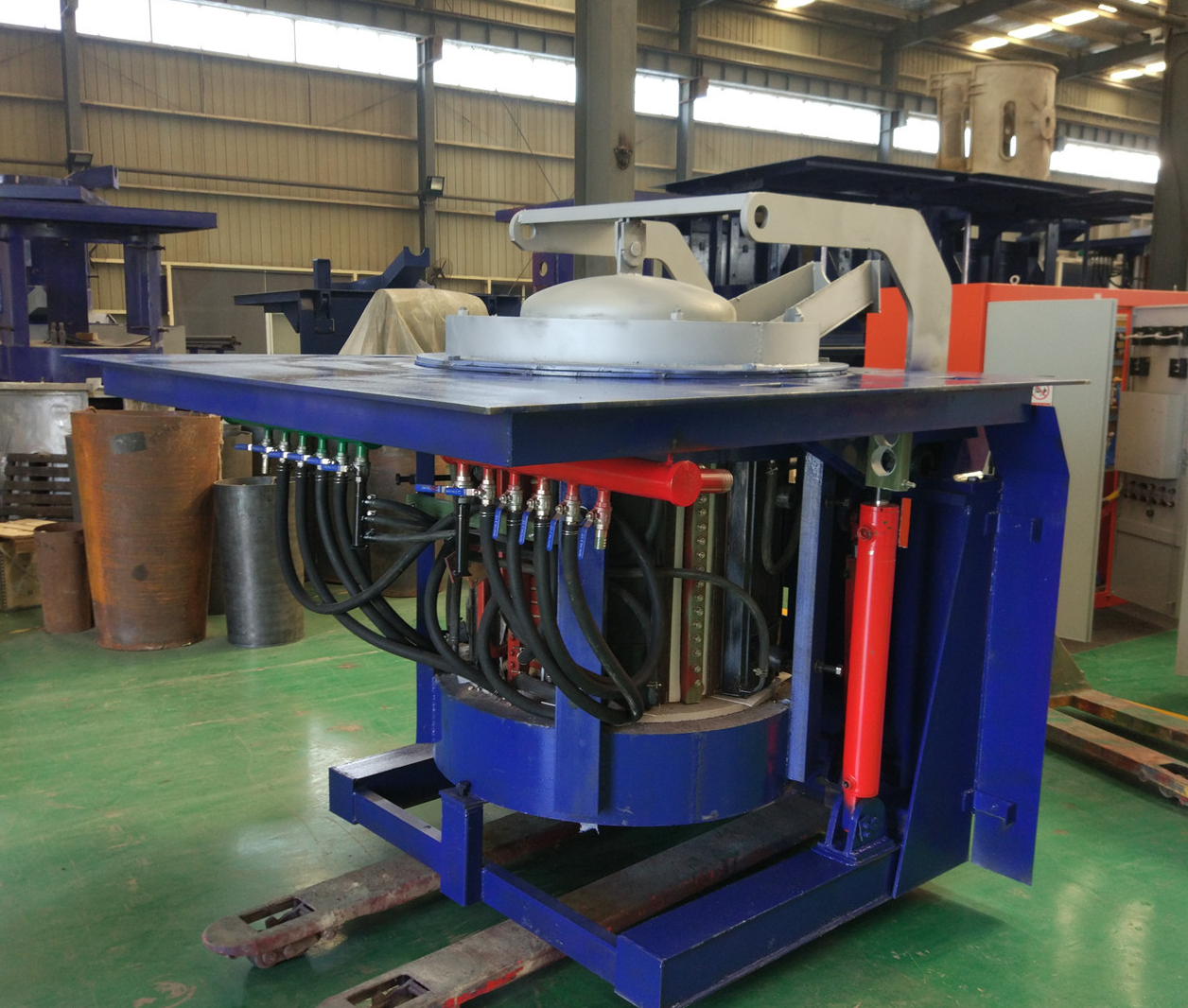
Iron induction furnace
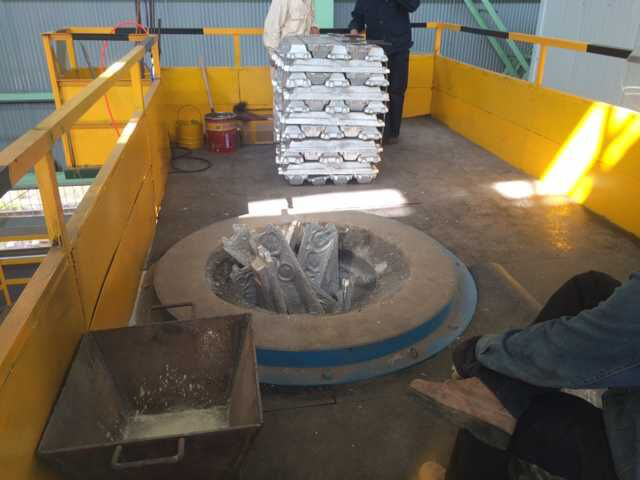
Aluminum melting furnace
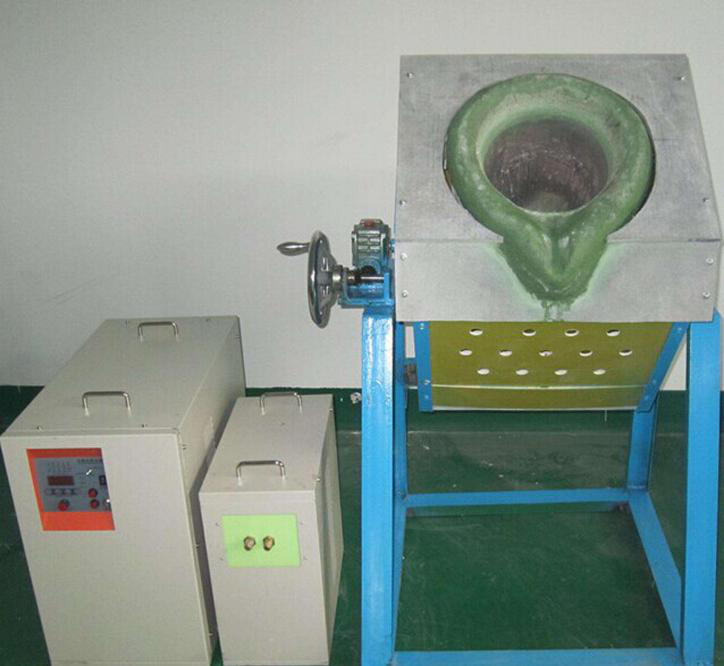
Copper melting furnace
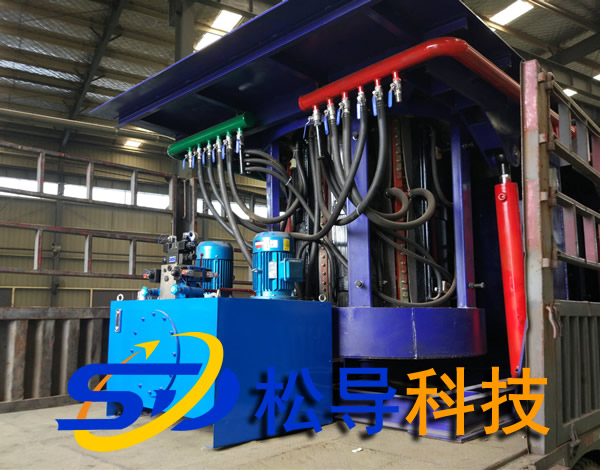
Small steel melting furnace
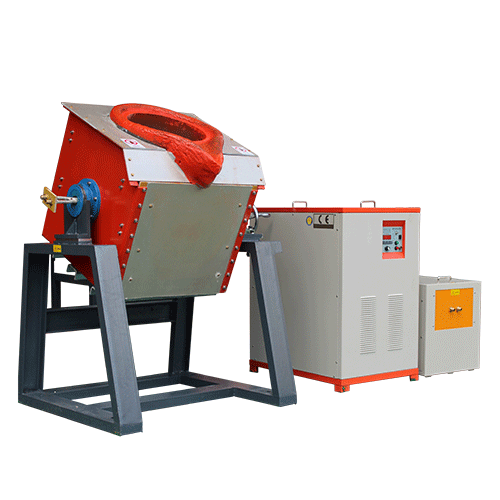
Small induction melting furnace
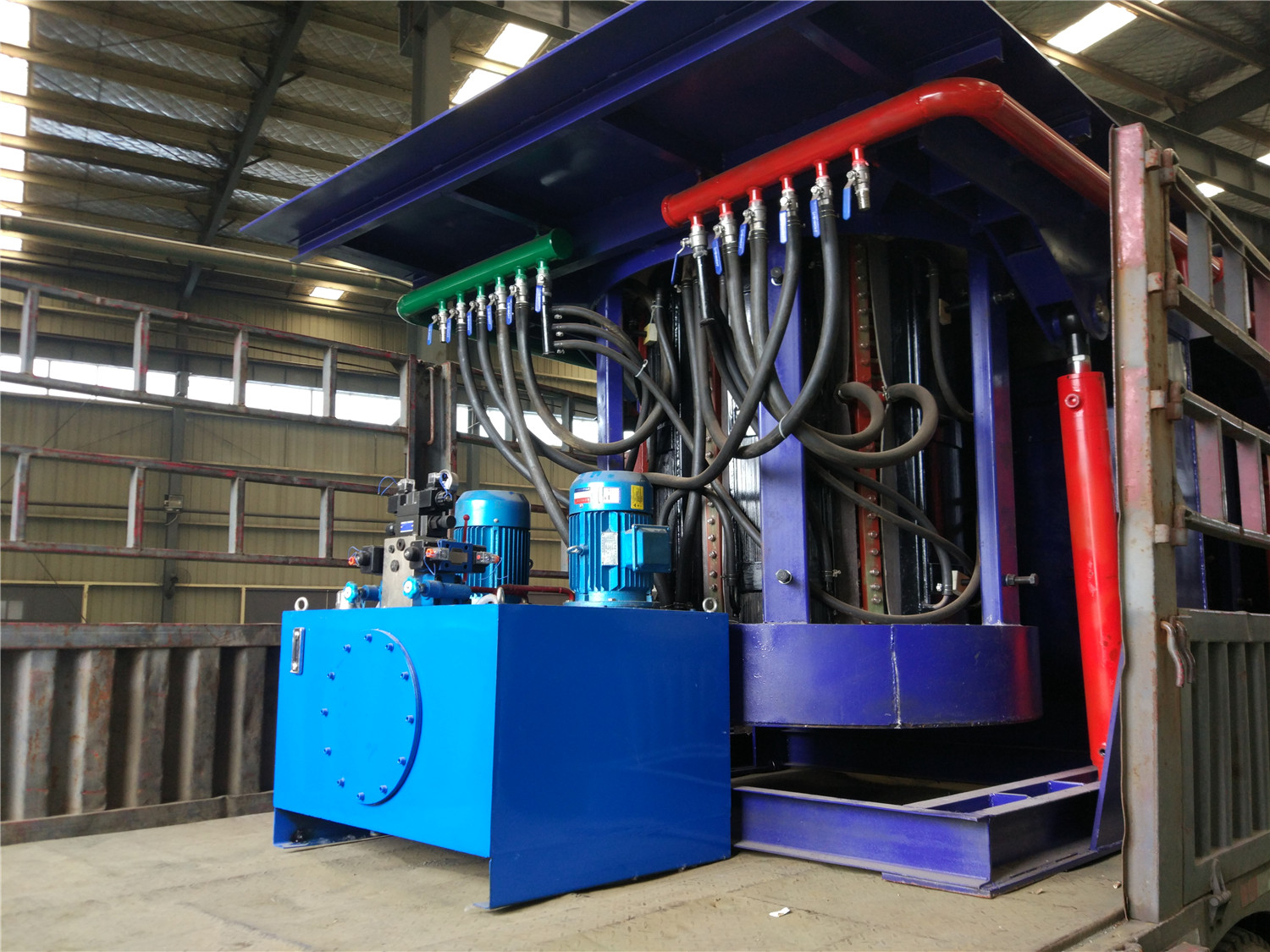
Induction iron furnace
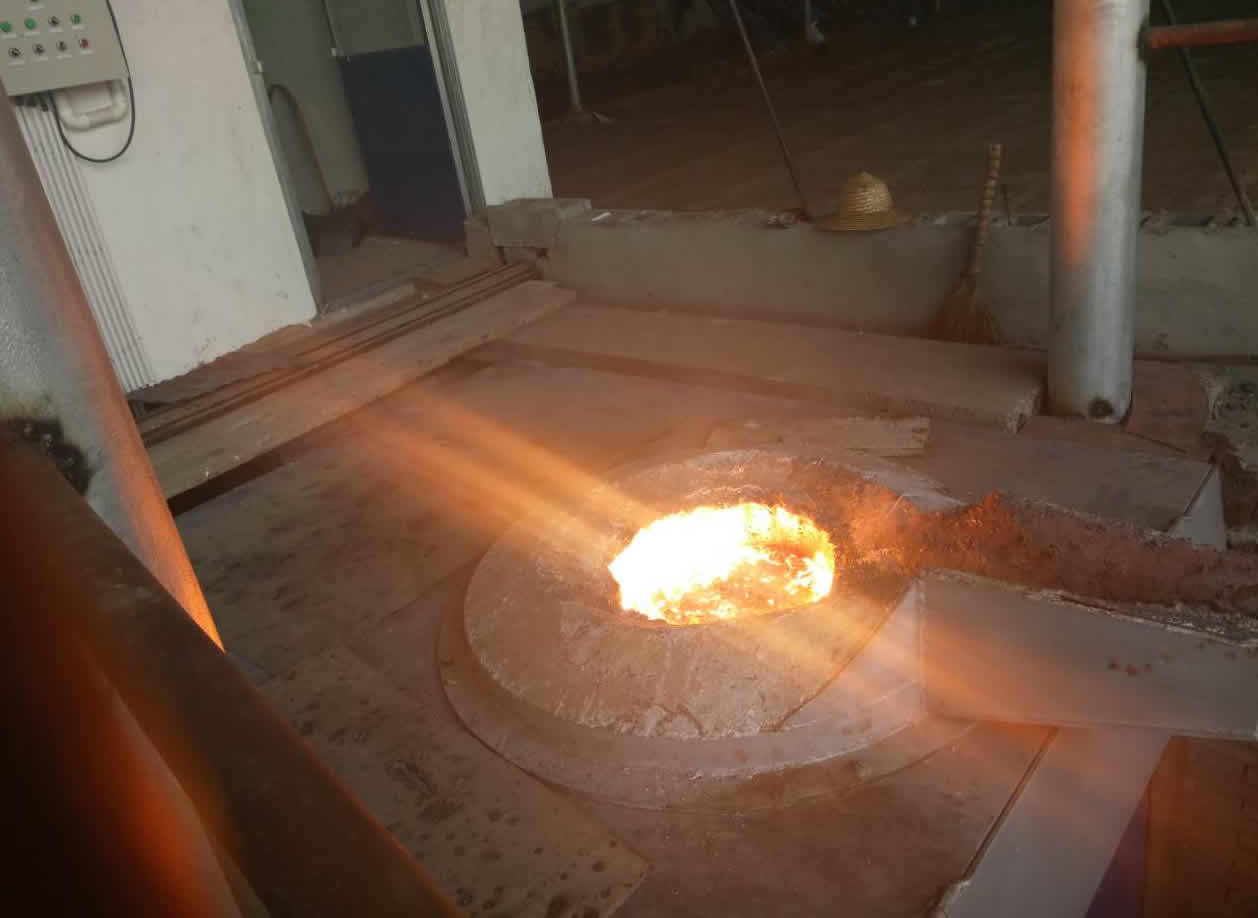
3T intermediate frequency iron melting f
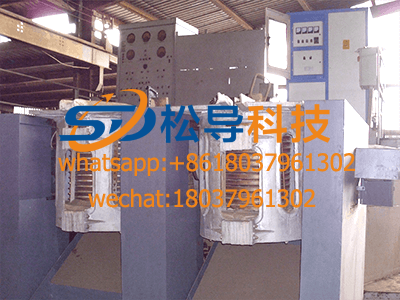
0.25T Intermediate Frequency Furnace
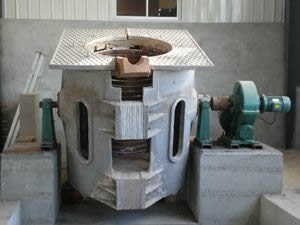
0.5T Intermediate Frequency Furnace
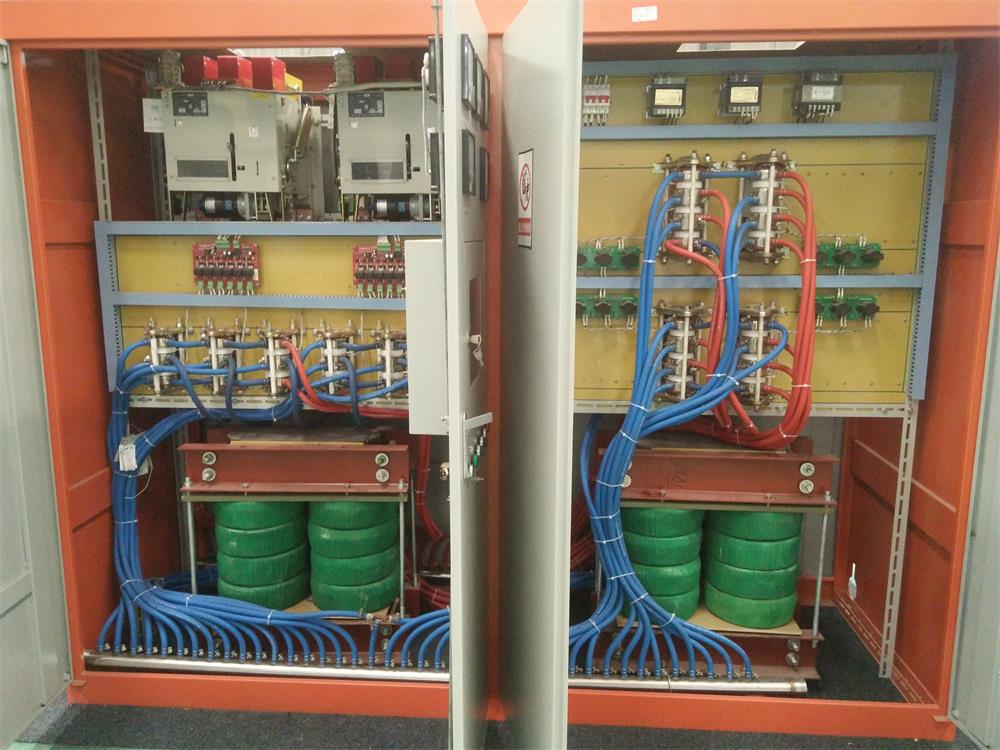
Medium Frequency Furnace

2T Induction Melting Furnace
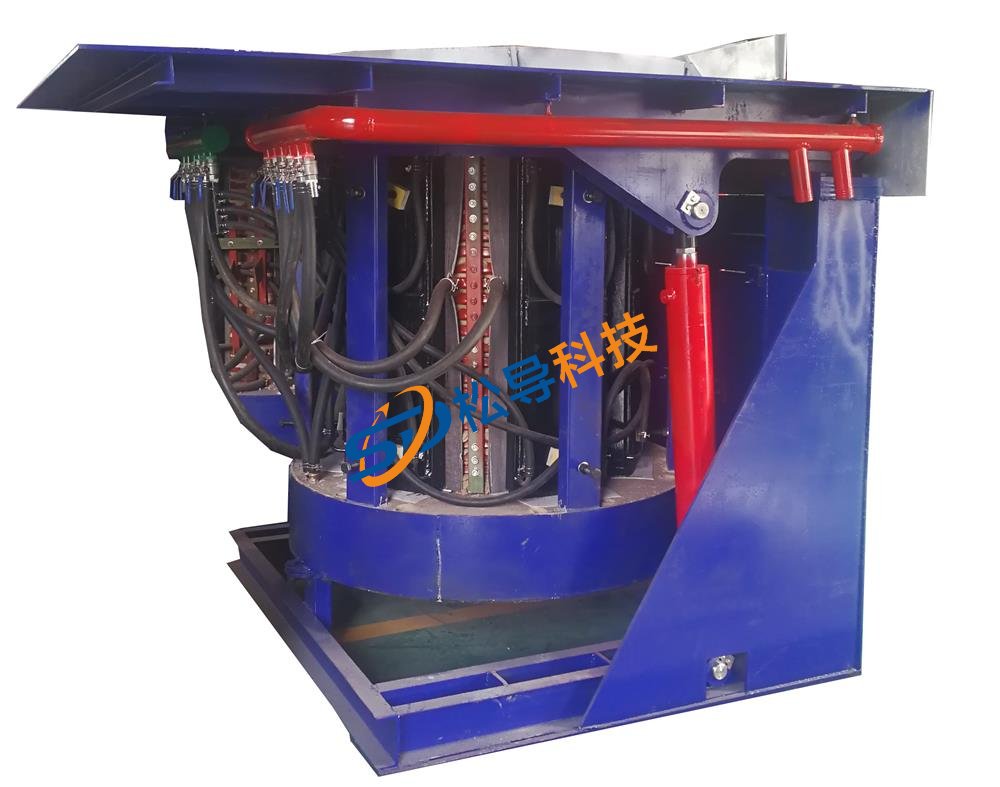
1T Induction Melting Furnace
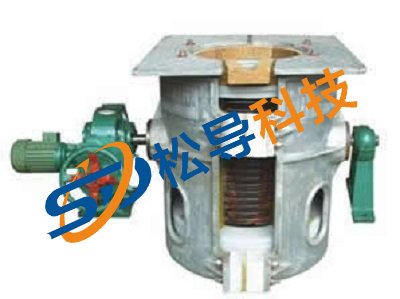
500kg Induction Melting Furnace
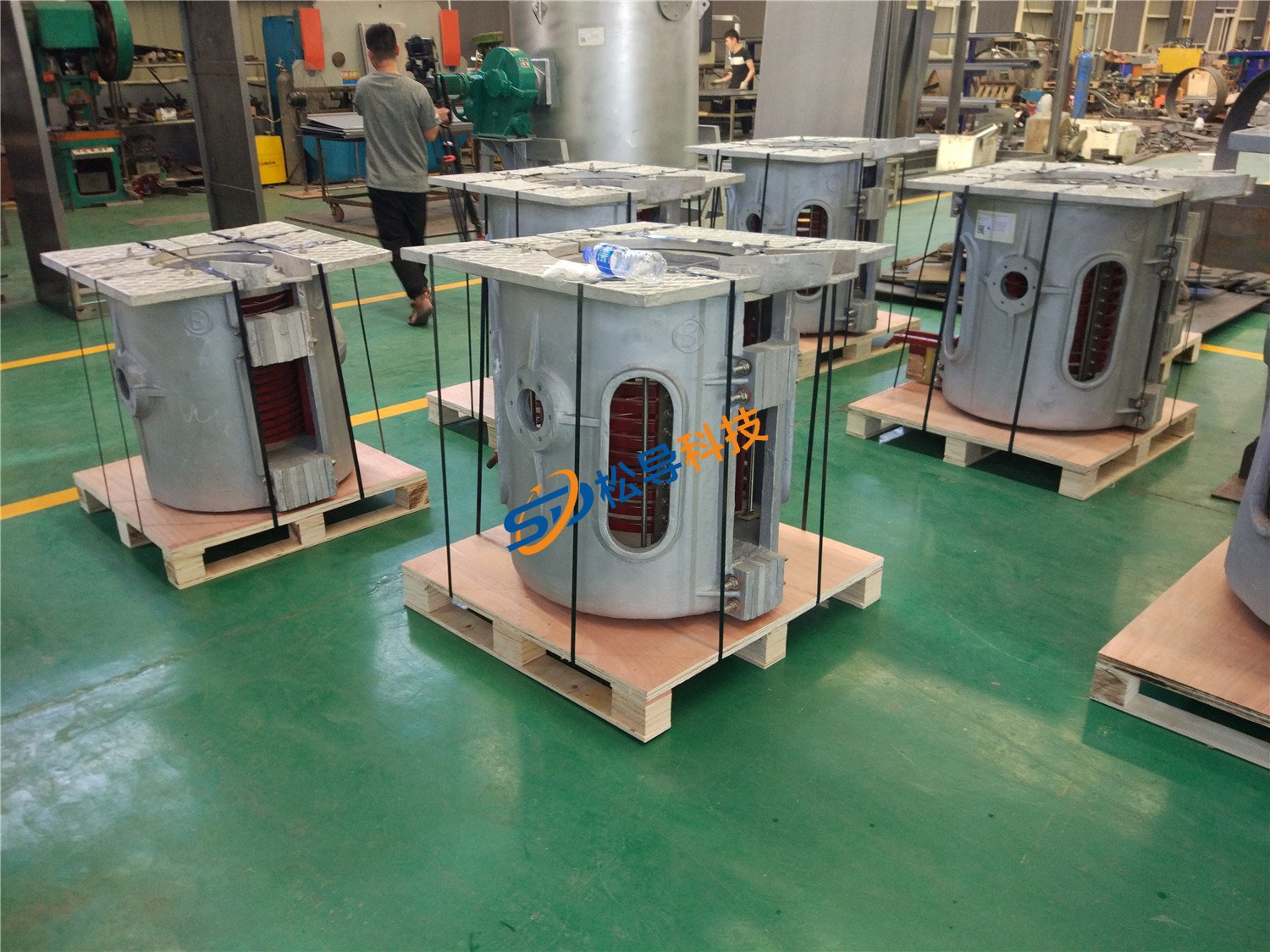
250kg Induction Melting Furnace
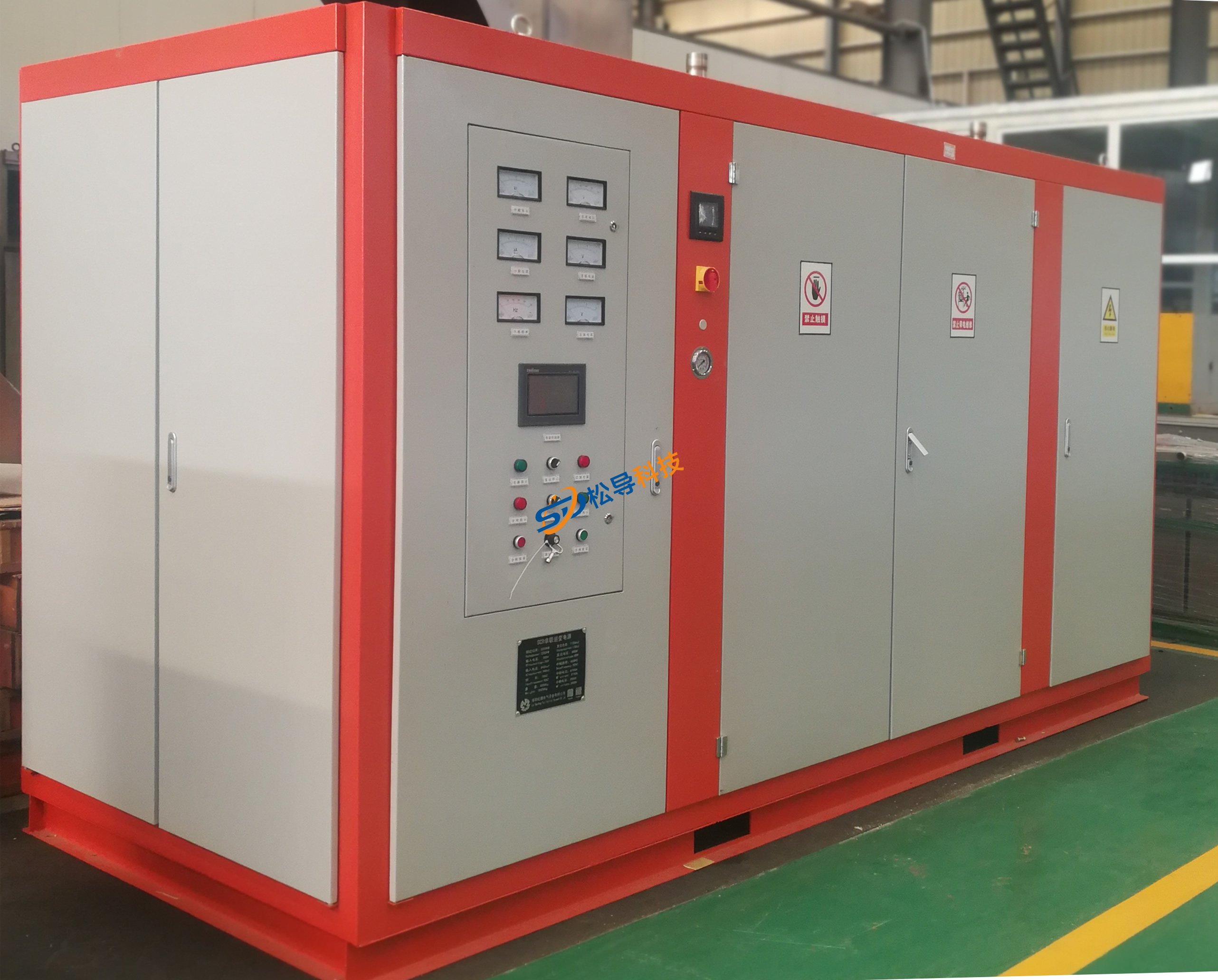
Induction Melting Furnace
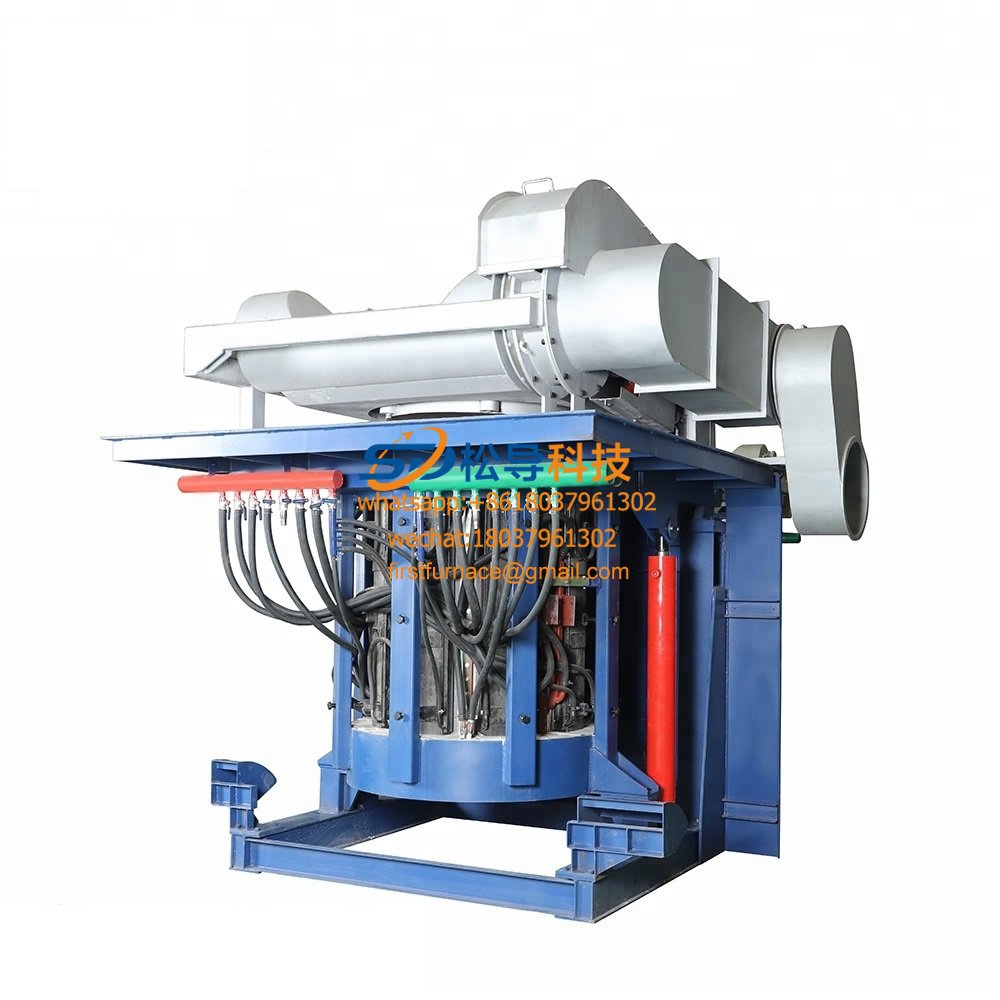
3 T Induction Melting Furnace
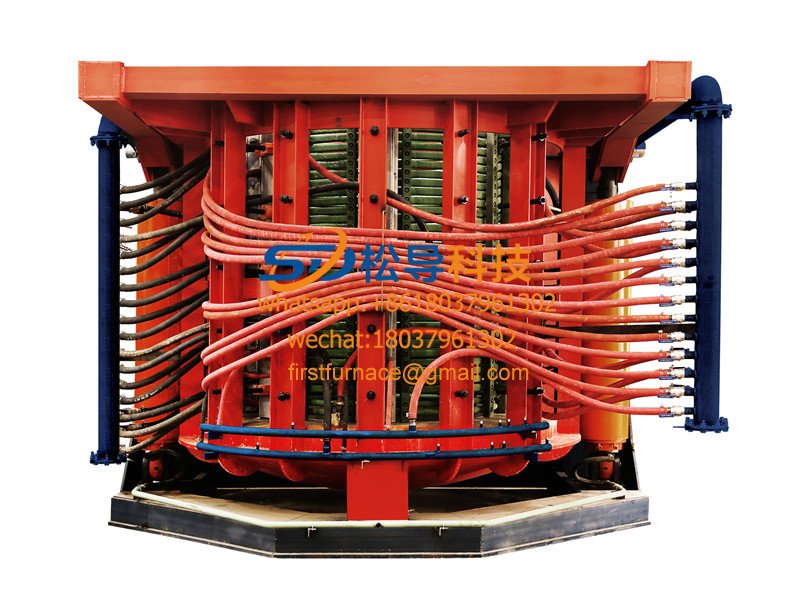
5T Induction Melting Furnace
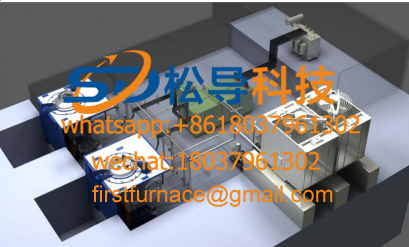
1T One Belt Two Intermediate Frequency F

5T One Belt Two Intermediate Frequency F
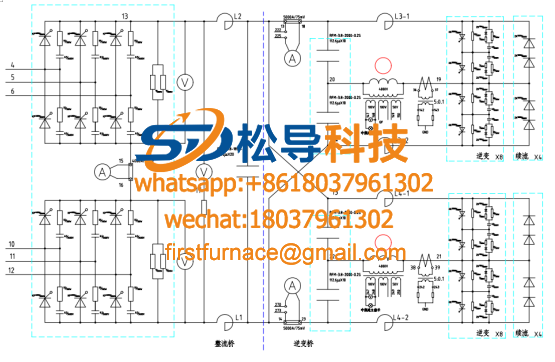
3T One Belt Two Intermediate Frequency F
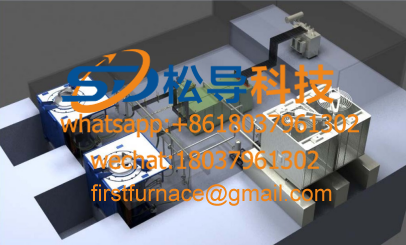
2T One Belt Two Intermediate Frequency F
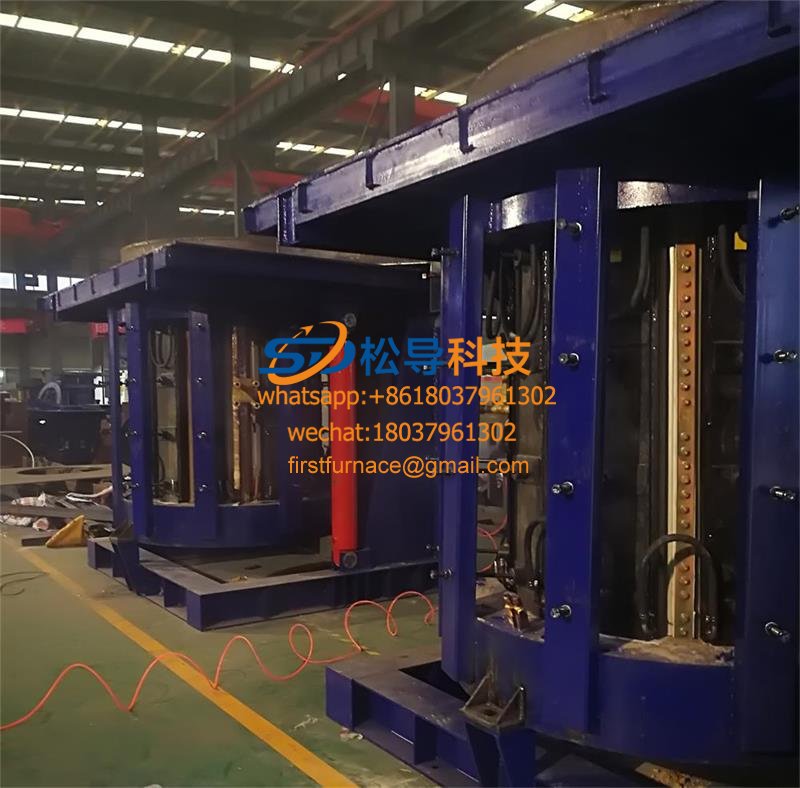
5T Parallel Intermediate Frequency Furna
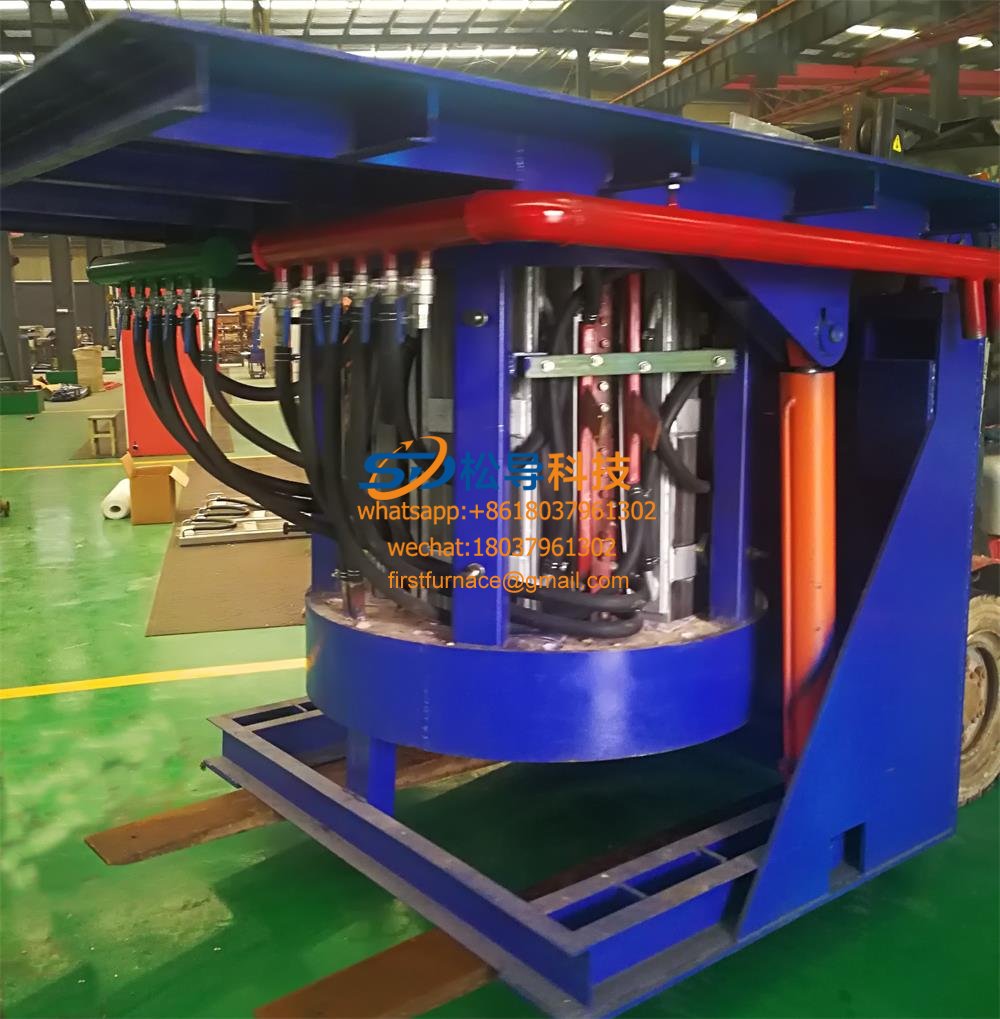
5T Intermediate Frequency Furnace

5T Series Intermediate Frequency Furnace
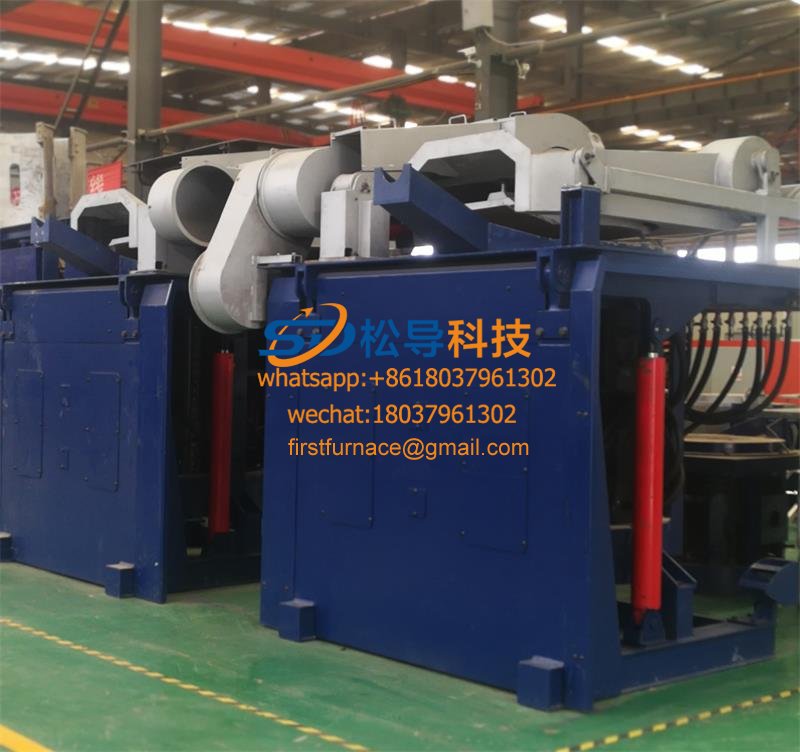
3T Series Intermediate Frequency Furnace
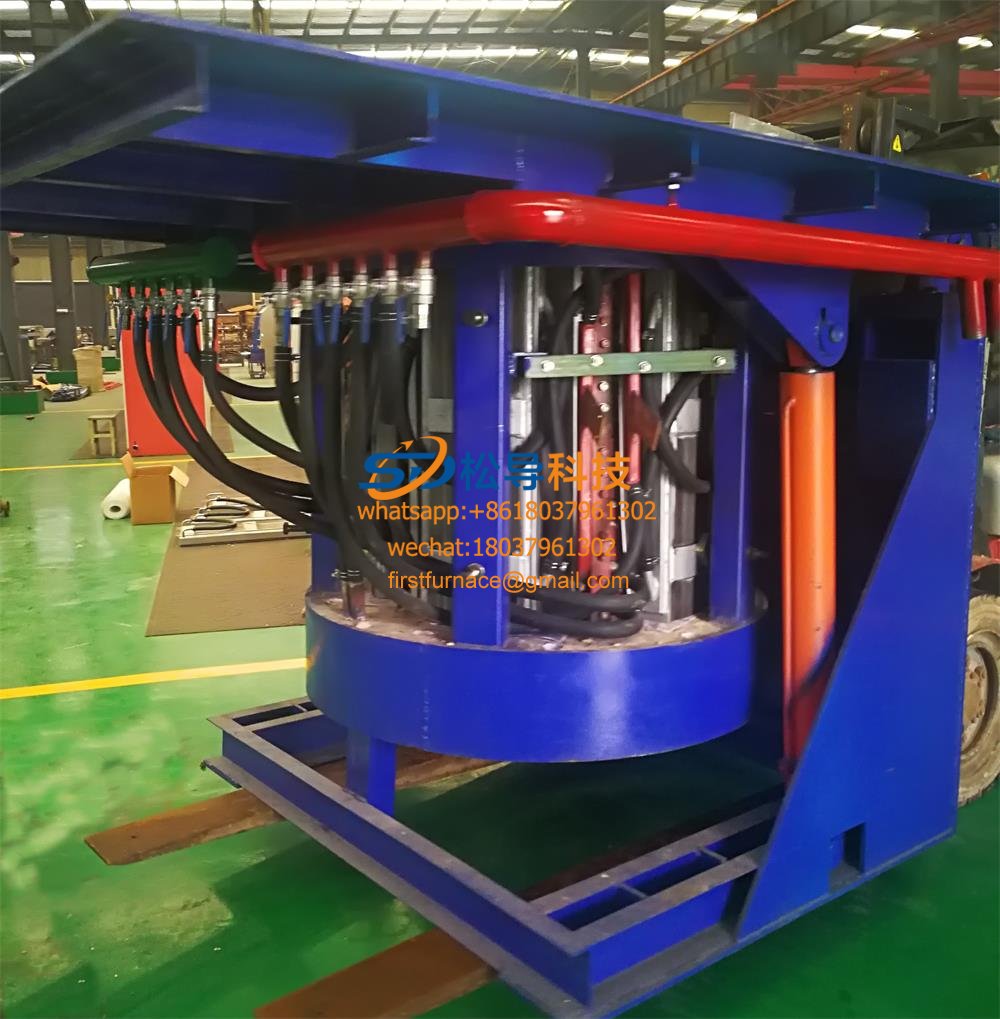
2T Series Intermediate Frequency Furnace
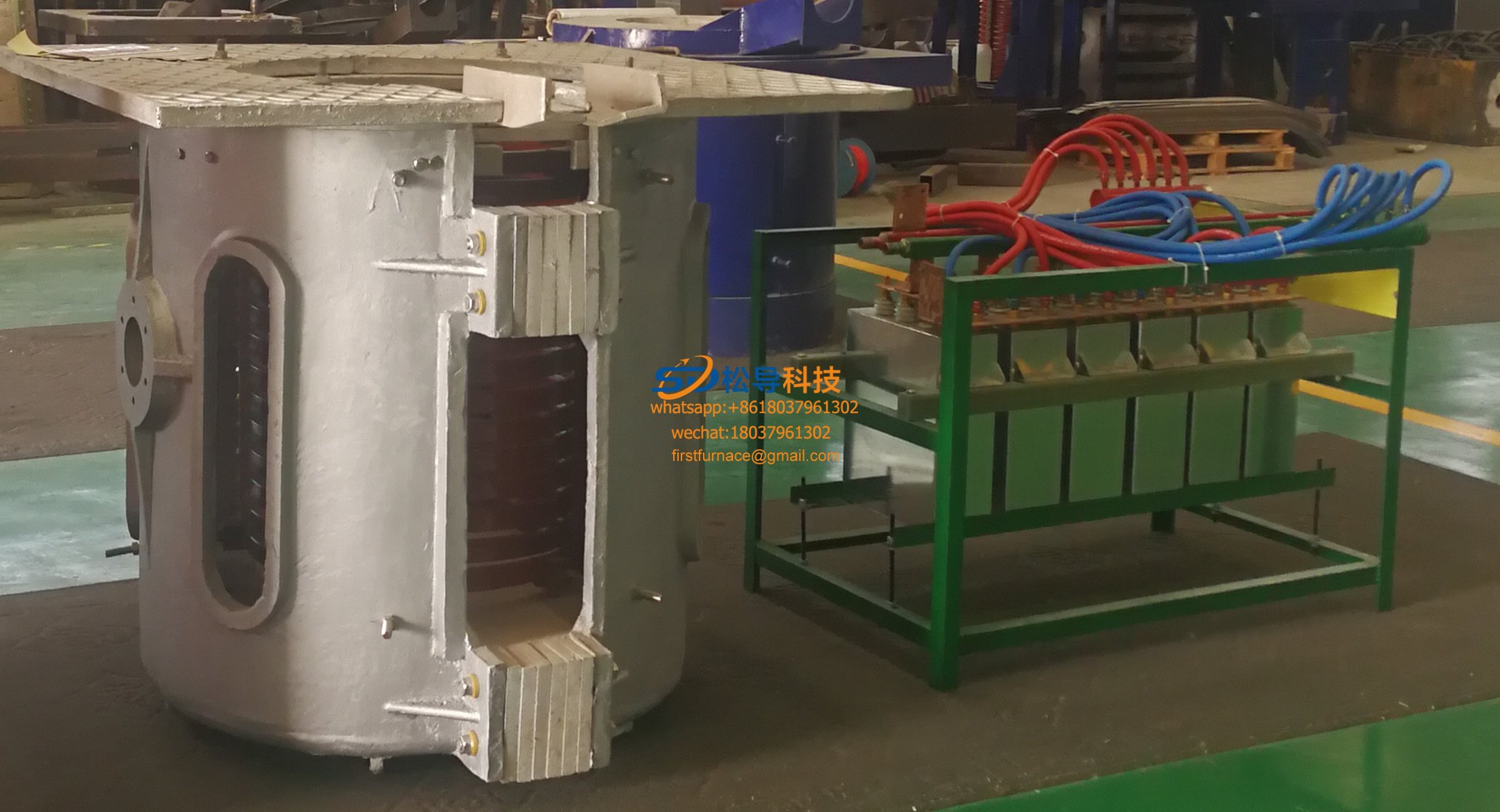
1T Series Intermediate Frequency Furnace
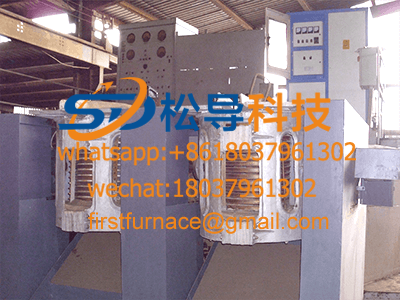
0.5T Series Intermediate Frequency Furna

0.25T Series Intermediate Frequency Furn
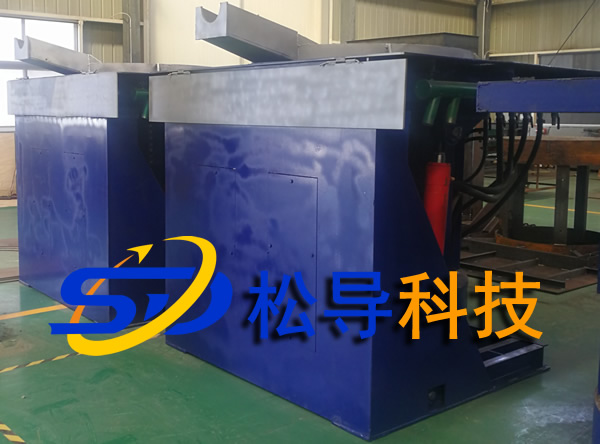
1T Parallel Intermediate Frequency Furna
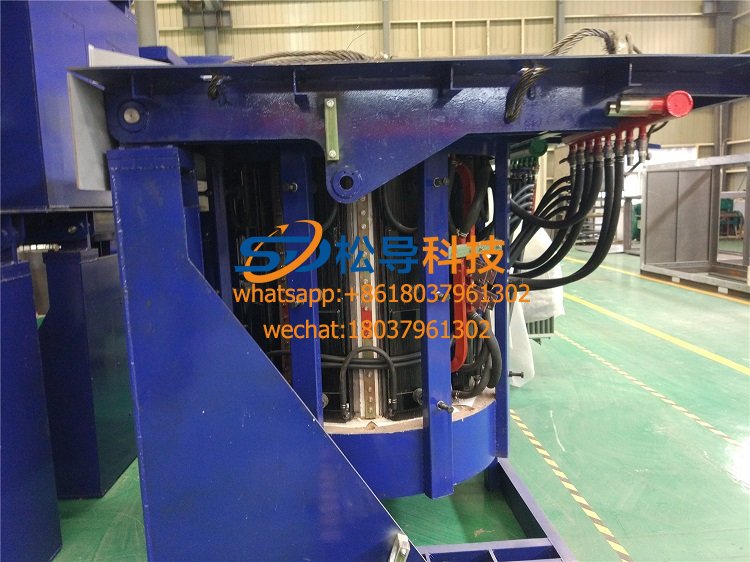
2T Parallel Intermediate Frequency Furna
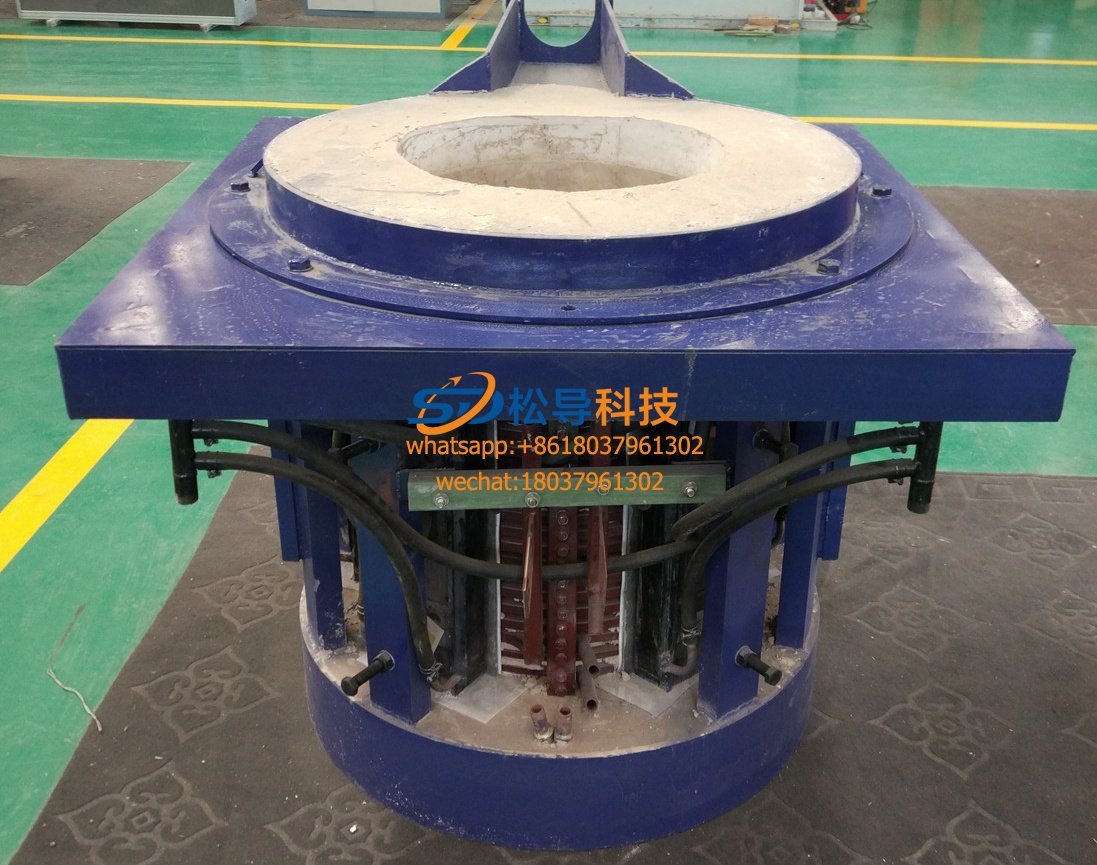
0.5T Parallel Intermediate Frequency Fur






